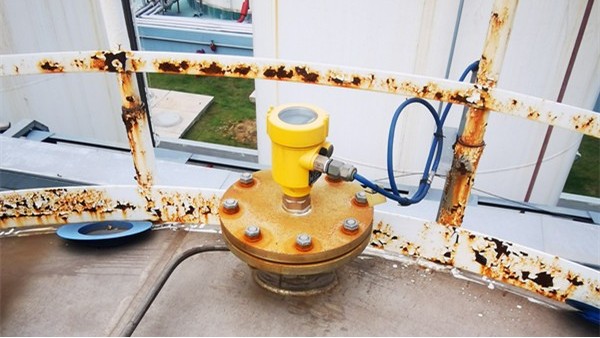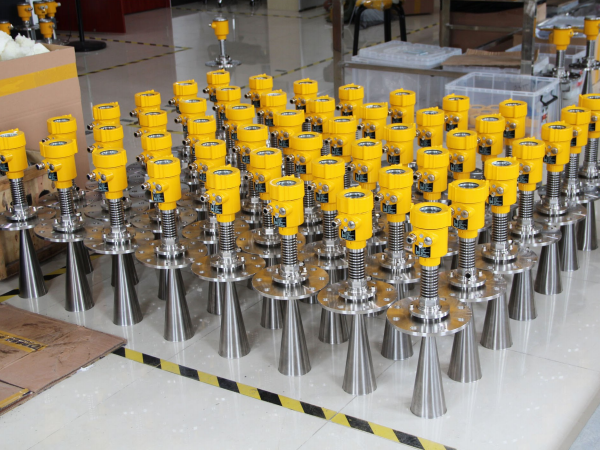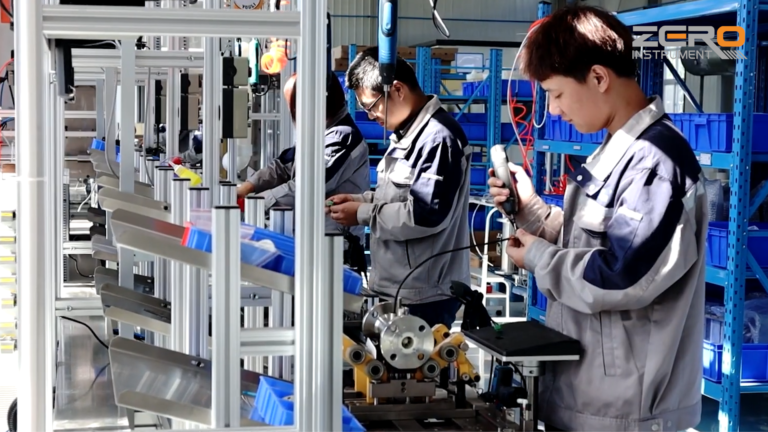Alkaline water is a common chemical. Due to its unique chemical properties, it places special requirements on its level measurement equipment.
Radar level meter is widely considered due to its non-contact measurement and ability to adapt to harsh environments. This article will explore whether radar level meter is suitable for level measurement of alkaline water.
By analyzing the characteristics of alkaline water and combining an actual measurement case, it will provide readers with an in-depth understanding.

Alkaline water usually refers to an aqueous solution containing a high concentration of alkaline compounds (such as sodium hydroxide, potassium hydroxide, etc.).
These alkaline compounds dissociate a large number of ions in the aqueous solution, making the alkaline water have good electrical conductivity. In addition, the physical properties of alkaline water, such as density, viscosity and dielectric constant, will change with the concentration and temperature of the alkaline compounds.
In terms of chemical properties, alkaline water is corrosive and can react with a variety of substances, which puts forward corrosion resistance requirements for the materials of the measuring equipment.
The working principle of the radar level meter is to determine the liquid level by emitting microwave signals and receiving the reflected signals. When microwaves encounter the surface of the medium, reflections will occur, and the distance will be calculated based on the time difference between emission and reception, and then the liquid level height will be obtained.
This measurement method is not affected by the physical and chemical properties of the medium, such as conductivity and viscosity, and is theoretically suitable for the measurement of alkaline water.

A chemical plant needs to store and monitor alkaline water. In order to ensure the safety and efficiency of the process, it is decided to use a radar level meter for level measurement.
The height of the alkaline water storage tank of the plant is about 15 meters and the diameter is about 10 meters.
When selecting the radar level meter, the technicians especially considered the corrosion resistance and measurement range of the instrument.
During the installation process, the radar level meter was installed at the top center of the tank to ensure that the microwave signal can vertically cover the entire liquid surface.
At the same time, in order to avoid the influence of steam generated by the volatilization of alkaline water on the measurement, a high-frequency radar level meter was selected because high-frequency microwaves have better penetration ability for steam. After the installation was completed, the parameters were set and calibrated on site.
Considering that the dielectric constant of alkaline water is greatly affected by concentration and temperature, the technicians set the adjustment range of the dielectric constant according to the actual alkaline water concentration and temperature range to ensure the accuracy of the measurement. Subsequently, the radar level meter began continuous measurement.
After a period of operation, the radar level meter showed good performance.
Even when the concentration and temperature of alkaline water change, the radar level meter can provide stable measurement data. The data showed that the storage volume of alkaline water matched the production plan, indicating that the measurement results had high reliability.

Radar level meters perform well in measuring alkaline water and can meet the needs of chemical production. Their accurate measurement data provides strong support for the storage and use of alkaline water, helps optimize the production process, reduce production costs, and improve overall economic benefits.
